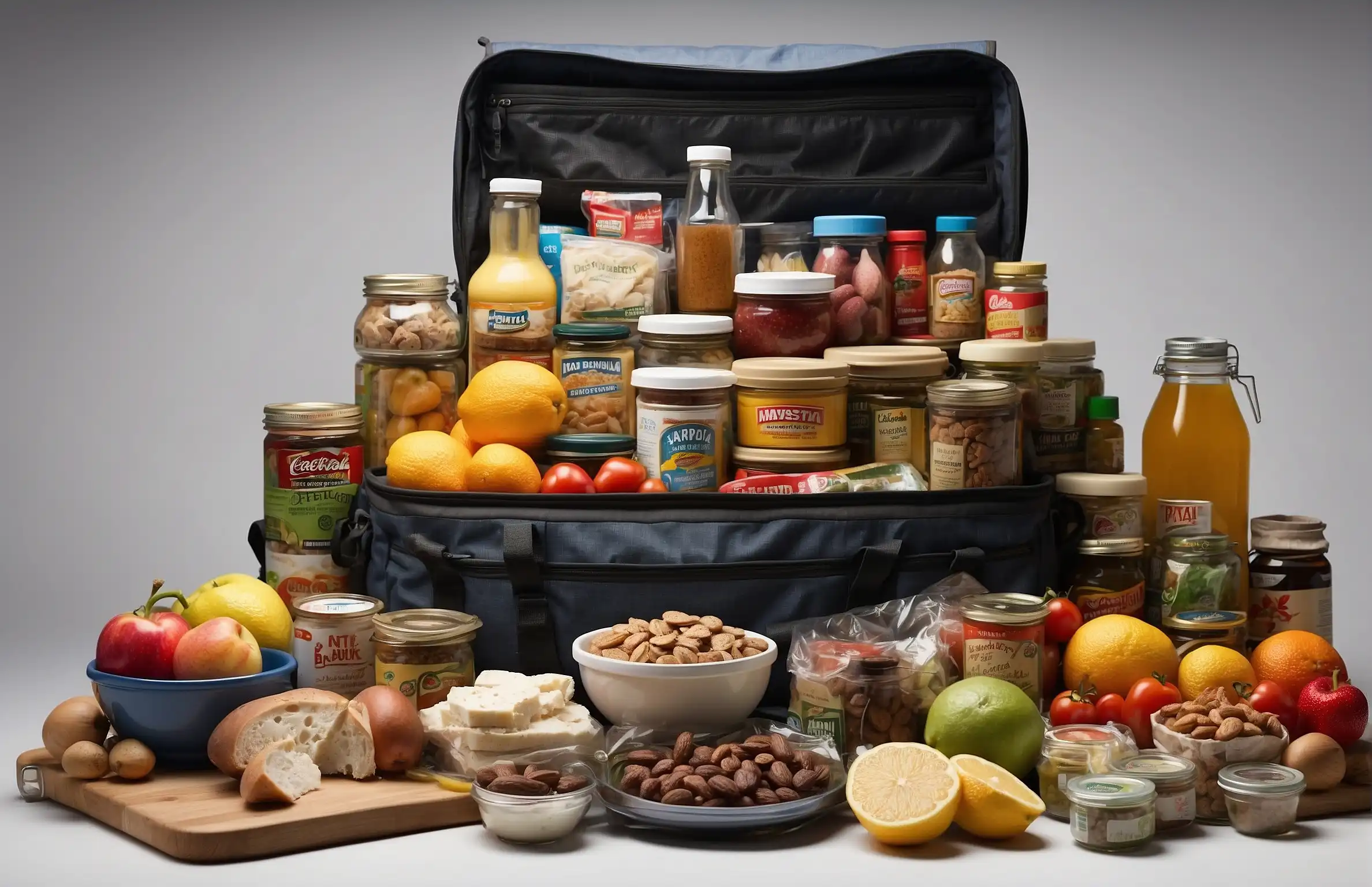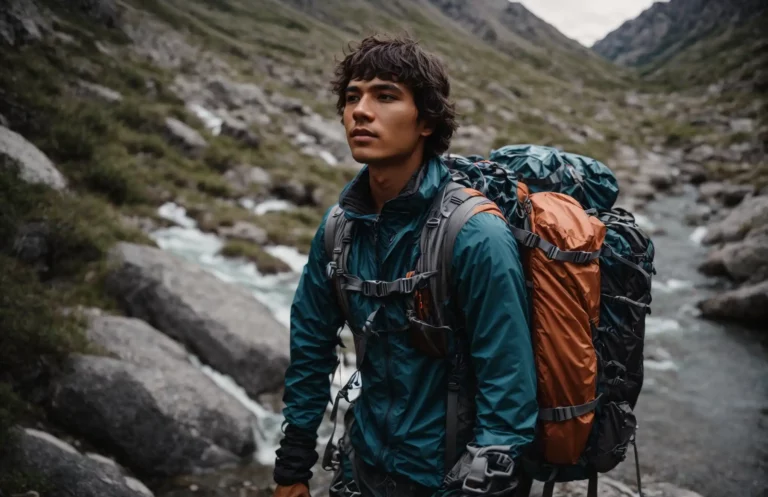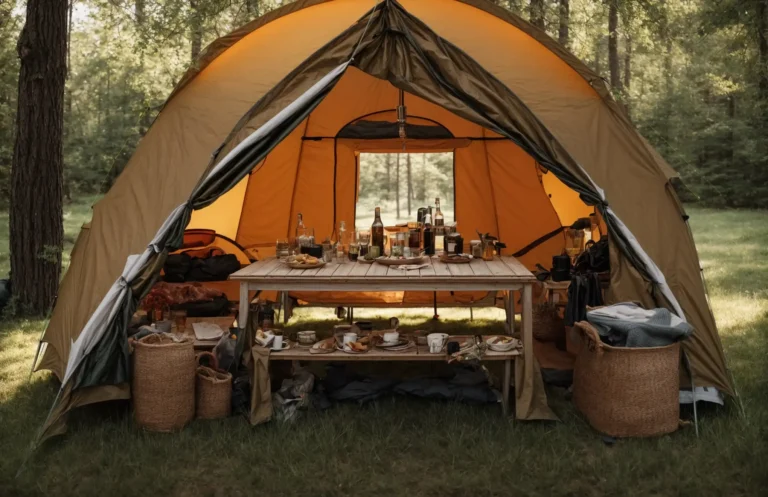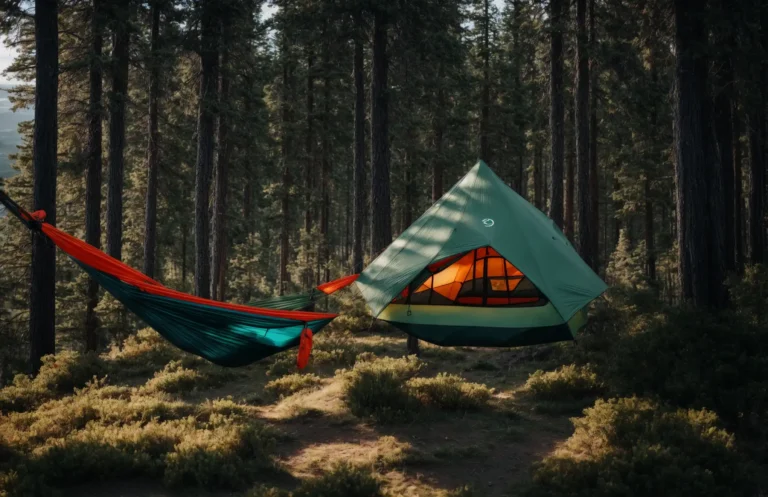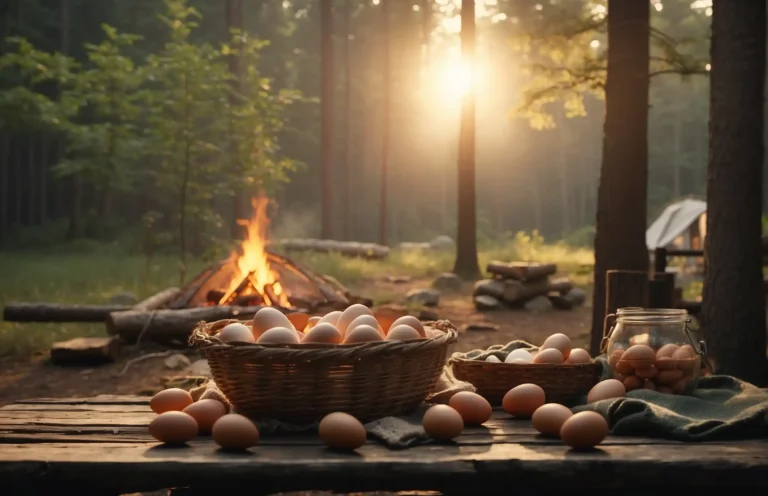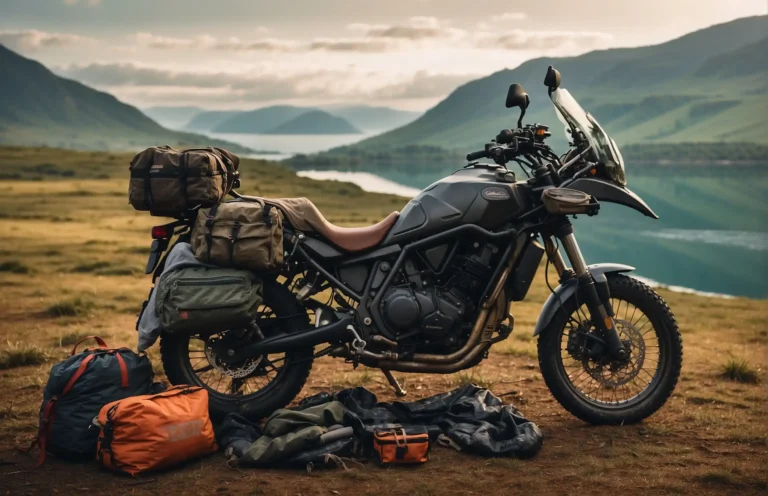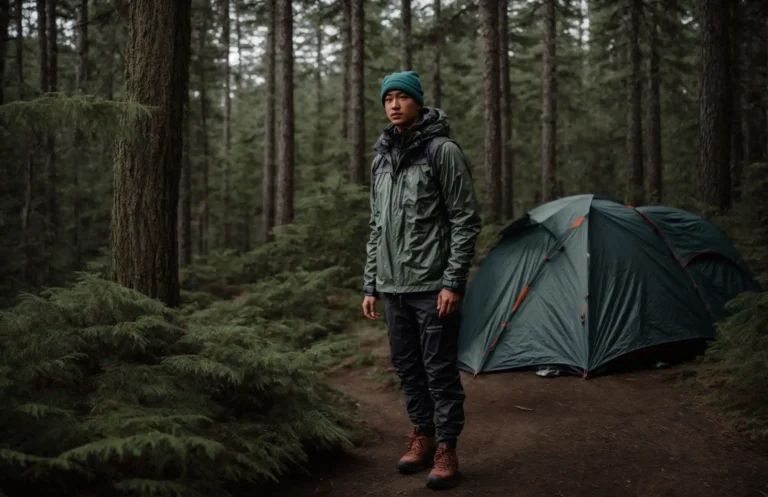What Food Should I Bring for 3 Days Camping
For a 3-day camping trip, pack non-perishable foods and items that are high in protein and energy. Choose easy-to-prepare meals, snacks, and plenty of water.
Embarking on a 3-day camping adventure requires thoughtful planning, especially when it comes to food provisions. Ensuring you have the right balance between nutrition, ease of preparation, and portability is key. Ideal choices include trail mix, jerky, instant oatmeal packs, peanut butter, canned beans or fish, granola bars, and fresh fruits like apples and oranges that last longer.
Dehydrated meals can also be a convenient option, offering a lightweight solution with simple preparation. It is essential to stay hydrated, so include sufficient water or a reliable water purification method. Preparing a meal plan in advance will help maintain energy levels and reduce food waste, making your camping experience both enjoyable and environmentally conscious.
About Camping Nutrition
Embarking on a three-day camping adventure demands not only enthusiasm and a love for the great outdoors but also a mindful approach to nutrition. Food is the fuel that powers your body through the physical demands of hiking, setting up camp, and enjoying nature activities. Understanding the intersection of nutrition and meal planning will help ensure that your adventure is energizing, enjoyable, and delectable.
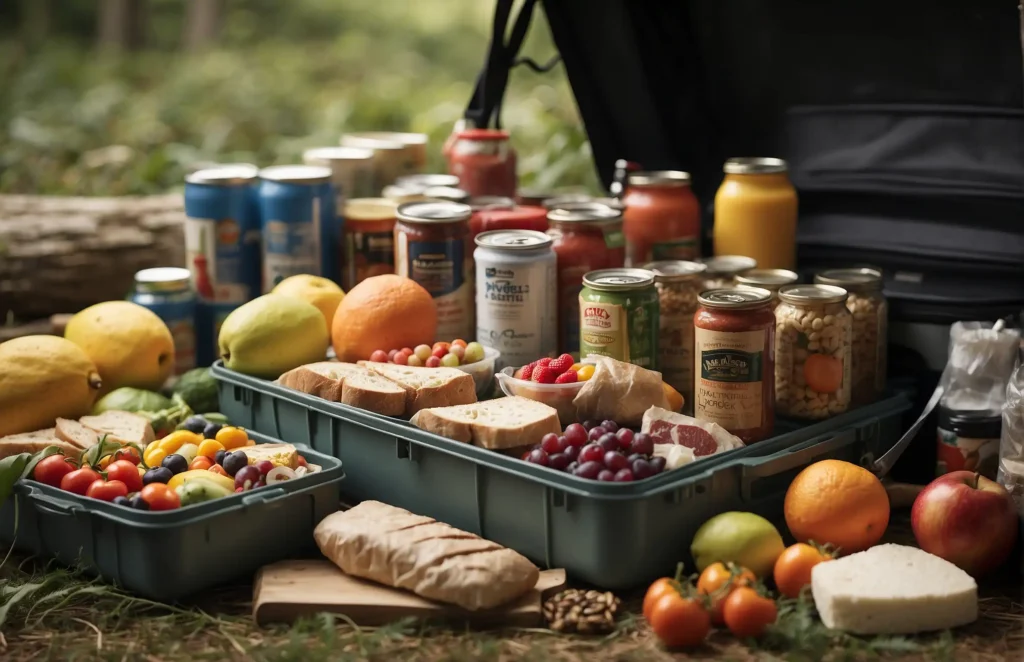
Understanding Nutritional Needs For Outdoor Activities
The unique demands of outdoor adventures call for a strategic approach to nutrition that addresses both macronutrient balance and energy requirements. A focus on incorporating carbohydrates for energy, proteins for muscle recovery, and fats for sustained fuel is essential. Conveniently packaged items that are lightweight and non-perishable become staple choices for outdoor excursions. Foods rich in micronutrients, such as vitamins and minerals, also play a critical role in maintaining energy levels and supporting overall health in the outdoors.
Balancing Convenience With Healthy Eating
Camping trips often involve a trade-off between convenience and nutrition. The key to striking the right balance lies in selecting foods that are both nourishing and easy to prepare. Pre-packaged meals are handy, but incorporating whole, unprocessed foods can significantly enhance your intake of essential nutrients. Smart choices include a mix of dried fruits, nuts, seeds, and whole grains. These choices not only offer the nutritional punch you need but also keep meal prep simple and practical.
Importance of Planning Meals For a Three-day Trip
Meal planning for a short camping tripllValue1 lLabel1 llValue2 lLabel2 lp is pivotal—it can make the difference between feeling sluggish and staying vibrant throughout your journey. A well-thought-out menu ensures that you’re consuming a balance of macronutrients with each meal while also meeting your caloric needs to sustain outdoor activities. It’s important to include meals that hydrate, nourish, and satisfy hunger. Consider the duration of your trip, the nature of your activities, and any dietary restrictions. A three-day trip might include meals like:
| Day | Meal | Items |
|---|---|---|
| Day 1 | Breakfast | Oatmeal with dried fruits and nuts |
| Lunch | Whole grain sandwiches with nut butter and bananas | |
| Dinner | Pre-packaged camp meals or dehydrated soups with added proteins like jerky | |
| Day 2 | Breakfast | Granola bars and a piece of fresh fruit |
| Lunch | Portable tuna packets with whole grain crackers and a side of trail mix | |
| Dinner | Instant rice or quinoa mix with dehydrated veggies and a pouch of seasoned chicken | |
| Day 3 | Breakfast | Instant breakfast shakes or powdered milk with cereal |
| Lunch | Wraps with dried meats, cheese, and a selection of condiments | |
| Dinner | Canned beans or chickpeas with pre-cooked rice and spices |
Snacks should be nutrient-dense and could include options like energy bars, fruit leathers, or mixed nuts to keep energy levels up between meals. Remember, an effective meal plan for your outdoor adventure not only provides necessary sustenance but also enhances your overall camping experience.
Essential Food Types and Recommendations
Embarking on a camping adventure means leaving the convenience of your home kitchen behind. But fear not! Planning your meals strategically can make all the difference in sustaining energy, boosting morale, and enhancing your outdoor experience. Choosing the right food types is crucial to ensure you have a varied diet that’s both nutritious and convenient for your wilderness sojourn. Let’s delve into the essential food groups and top recommendations that will keep you fueled and satisfied during your three-day camping trip.
Energy-boosting Snacks For On-the-go Activities
When you’re out exploring, an easy-to-access energy boost is essential. Quick snacks can be the perfect pick-me-up between meals:
- Trail Mix – A blend of nuts, seeds, and dried fruit provides a quick calorie hit.
- Energy Bars – Opt for bars with natural ingredients and low added sugar.
- Jerky – A portable source of protein, jerky comes in a variety of meats.
- Dark Chocolate – In moderation, it’s an indulgent energy booster.
- Granola – Pack some granola or cereal for a crunchy, fibrous snack.
Protein-rich Foods For Sustained Energy
Protein is fundamental for muscle repair and sustained energy. For a three-day camping trip, consider these protein sources:
- Nuts and Nut Butters – Compact sources of protein and healthy fats.
- Canned Fish or Chicken – Convenient, ready-to-eat protein.
- Hard Cheeses – These can last without refrigeration.
- Dehydrated Beans – Lightweight and rehydrate easily for a protein-rich meal.
Carbohydrates For Fueling Your Adventures
For energy-rich fuel, carbohydrates are your best friend. They are the body’s preferred source of energy, especially during physical activity:
- Whole Grain Wraps or Breads – Great for sandwiches and easy meals.
- Pasta or Rice – Perfect for a filling dinner after a day of adventure.
- Oatmeal – A satisfying and heart-healthy breakfast option.
- Crackers – Useful for quick snacks or as an addition to meals.
Fruits and Vegetables: Fresh Vs. Non-perishable Options
While it might seem tricky to keep fruits and vegetables fresh, there’s a variety of options that can withstand a few days of camping:
| Fresh Options | Non-Perishable Options |
|---|---|
| Apples and Oranges | Dried Fruits |
| Carrots and Celery Sticks | Fruit Cups in Juice |
| Bell Peppers | Canned Vegetables |
| Cherry Tomatoes | Vegetable Chips |
For those seeking convenience without sacrificing nutrition, a mix of fresh and non-perishable fruits and vegetables can provide vitamins and minerals while also adding variety to your camp meals.
Meal Planning Strategies For Campers
When setting out on a three-day camping trip, the quintessential question that stirs the mind of every adventurer is: What food should I pack? Efficient meal planning strategies are the cornerstone of a successful camping experience. Food not only fuels your outdoor activities but can also elevate your overall enjoyment. The right meal planning tactics ensure you’re well-fed with minimal fuss, and your pack is as lightweight as it can be. So, let’s dive into the meal planning strategies that will transform you into a bona fide campsite chef!
Pre-trip Preparation: Menu Planning and Shopping
Planning your menu before setting foot outside is critical. Focus on meals that offer a balance of nutrition, ease of preparation, and packability.
- Non-perishables like pasta, instant rice, and canned goods are your allies.
- Consider energy-dense snacks such as trail mix, nuts, and energy bars.
- Meal kits and dehydrated meals are convenient, lightweight, and satisfying.
Compile a shopping list that reflects the quantity needed for each meal, factoring in your daily caloric needs.
Day-to-day Meal Scheduling For Multi-day Camping
A structured meal schedule keeps your eating patterns consistent and your body energized for the activities ahead. Here’s an example:
| Day | Breakfast | Lunch | Dinner | Snacks |
|---|---|---|---|---|
| Day 1 | Oatmeal with dried fruits | Peanut butter sandwiches | Pre-packed dehydrated meal | Trail mix |
| Day 2 | Pancake mix | Crackers and cheese | Instant noodles | Jerky |
| Day 3 | Granola bars | Tuna wraps | Rice and bean pouch | Chocolate bars |
Meals that require minimal cooking are perfect for your final day, enabling a swift and smooth pack-up.
Maintaining Variety and Enjoyment in Camp Meals
While practicality is key, your palate deserves excitement too. Introduce variety to prevent meal monotony.
- Use herbs and spices to add a new twist to staple dishes.
- Mix up cooking methods: grill, boil, or eat some foods raw.
- Include a surprise treat, like a favorite chocolate or a small bottle of hot sauce, to spike your morale.
Remember, creativity in your camping menu sparks the joy of outdoor cooking, bringing richness to your overall experience.
Packaging and Storage Solutions For Camp Food
Packaging and storing food properly is a pivotal component of preparing for a camping trip. Not only can it help in maintaining the freshness and integrity of your food, but also it safeguards your health and minimizes the environmental impact. The right approach to packaging and storage solutions can mean the difference between a hassle-free camping experience and an ordeal. This section will explore practical tips and innovative ideas to keep camp food safely packed and stored.
Best Practices For Food Safety Outdoors
Ensuring food safety during your camping adventure is paramount. Follow these best practices to avoid foodborne illnesses and keep your meals safe:
- Use insulated coolers – Insulated coolers are essential to keep perishable items like meat, diary, and cooked foods chilled while you’re en route to your campsite and once there.
- Avoid cross-contamination – Pack raw and cooked items separately, preferably in watertight containers to prevent any meat juices from contaminating other food.
- Keep it clean – Always wash your hands before handling food and use clean utensils. Pack biodegradable soap and disposable wipes for hygiene.
- Choose reusable containers – Opt for reusable silicone bags, beeswax wraps, and containers instead of single-use plastics to decrease waste.
- Minimize packaging – Before departing, repackage food into reusable containers to reduce the volume of trash you’ll need to carry out.
- Recycle and compost – Be prepared to properly dispose of any recyclable or compostable waste during your trip.
- Stackable containers – Use containers that stack neatly within each other to maximize space in coolers and backpacks.
- Collapsible kitchenware – Consider collapsible bowls, cups, and even kettles which flatten or fold, saving valuable packing space.
- Vacuum seal bags – Vacuum sealing can greatly reduce the volume of your food items while also sealing in freshness.
Cooking and Dining Tips For the Great Outdoors
Embarking on a three-day camping adventure requires careful planning, particularly when it comes to meals. With limited resources and space, selecting the right foods and cooking equipment is essential for a successful and enjoyable outdoor dining experience. The key is to choose versatile and easy-to-prepare items that will fuel your adventurous days and cozy nights under the stars. Let’s explore some crucial tips for campfire cooking, portable stoves, and keeping your campsite pristine for future adventurers.
Campfire Cooking Essentials and Safety
Building a crackling campfire not only sets the mood but also serves as a traditional cooking method. Ensure you have the following essentials:
- Firestarter kit – Includes matches, lighters, and natural kindling materials.
- Grill grate – Positioned over the flames for even cooking.
- Cookware – Cast iron skillets and pots, heat-resistant utensils.
- Oven mitts or heat-resistant gloves – To handle hot cookware safely.
Adhering to safety protocols is paramount:
- Establish a perimeter around your campfire to prevent accidents and manage sparks.
- Never leave the fire unattended and be mindful of wind direction and strength.
- Have a water source or sand nearby to extinguish the fire when needed.
- Consult the local fire regulations to ensure compliance with any restrictions.
Portable Stoves and Fuel Efficiency
Portable stoves are a convenient alternative when campfires are impractical or banned. Look for lightweight, compact models that suit your cooking needs. Propane, butane, or multifuel stoves are popular choices. Here’s how to maximize fuel efficiency:
| Tip | Description |
|---|---|
| Windshield | Use the stove’s built-in windshield or create your own to protect the flame. |
| Lid Use | Cover pots to reduce cooking time and save fuel. |
| Pre-soaking | Soak grains or legumes beforehand to speed up cooking time. |
Always follow the manufacturer’s instructions for operation and maintenance to enhance performance and longevity.
Leave No Trace: Cleaning Up After Campsite Meals
The Leave No Trace principle is crucial for preserving natural spaces. When cleaning up:
- Scrape leftovers into a trash bag, not the fire, to avoid attracting wildlife.
- Use biodegradable soap and a small amount of water for dishwashing.
- Eradicate food particles and wastewater by straining them and packing residue out.
- Sanitize surfaces with antibacterial wipes to prevent contamination and odors.
Before departure, inspect your site thoroughly for any litter, stray utensils, or food traces to ensure a pristine setting for the next campers.
To know more: How to Pack Clothes for Camping
Conclusion
Preparing for a camping trip means planning your meals wisely. Opt for nutrient-dense, non-perishable, and easy-to-cook foods. Remember, the right food can enhance your outdoor experience. Keep it simple, lightweight, and delicious.
Become an outdoor aficionado with our comprehensive guides in the Learning area of Outdoor Awaits. Happy camping, and relish the taste of adventure!

